OOP (Object Oriented Programming) is a core concept in modern programming languages. It helps developers write cleaner, reusable, and scalable code. Dart language is a fully OOP-based language, which makes it easy to create professional and smooth apps.
What Is an Object?
An object is an instance of a class. An object can hold both data (variables) and behavior (functions).
For example, if a class is a blueprint, then the object is the real version built from that plan.
class Car {
String brand = "Toyota";
void start() {
print("$brand is starting…");
}
}
void main() {
Car myCar = Car();
myCar.start();
}Here, Car is the class, and myCar is the object created from that class.
Key Principles of OOP
OOP in Dart is based on four major principles, each part helps to keep your app organized and efficient.
Encapsulation
Encapsulation means keeping any type of data safe inside this class. So it cannot be directly accessed or changed from outside.
Also, we can use private variables (with _underscore) to hide data.
class MyAccount {
double _balance = 0;
void deposit_amount(double amount){
_balance += amount;
}
double get balance => _balance;
}Inheritance
In this part, one class inherits properties and methods from another.
It helps avoid code duplication.
class AnimalSound{
void play() => print("Animal makes a sound");
}
class Dog extends AnimalSound {
void bark() => print("Dog barks");
}Polymorphism
Polymorphism allows methods to behave differently depending on the object.
class Shape {
void draw() => print("Drawing a shape");
}
class Circle extends Shape {
@override
void draw() => print("Drawing a circle");
}Abstraction
Abstraction hides complex logical code and only shows what’s necessary.
class Bike extends Vehicle {
@override
void start() => print("Bike is starting…");
}
abstract class Vehicle {
void start();
}Why OOP is Needed in Flutter
Flutter apps are built with widgets, and each widget is an object.
How the OOP help developers?
- Write reusable UI components
- Maintain clean, readable code
- Reduce bugs and complexity
- Improve scalability for large apps
When you understand OOP properly, then you can easily create Flutter projects and build apps faster.
Conclusion about OOP
Object-Oriented Programming (OOP) is not just a concept. It’s a foundation of Flutter development.
By mastering classes, objects, inheritance, polymorphism, abstraction, and encapsulation, you can write clean, efficient, and professional code that runs perfectly with your project.



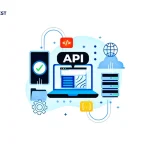
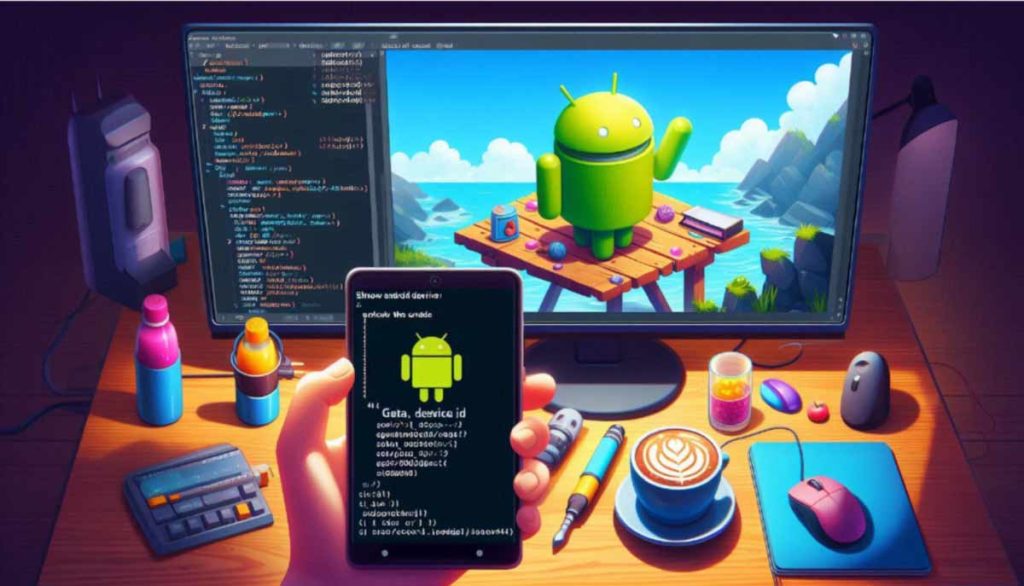
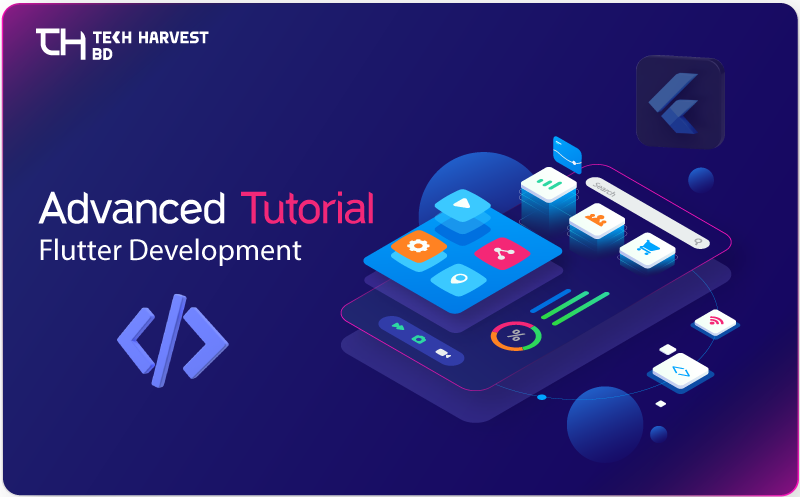
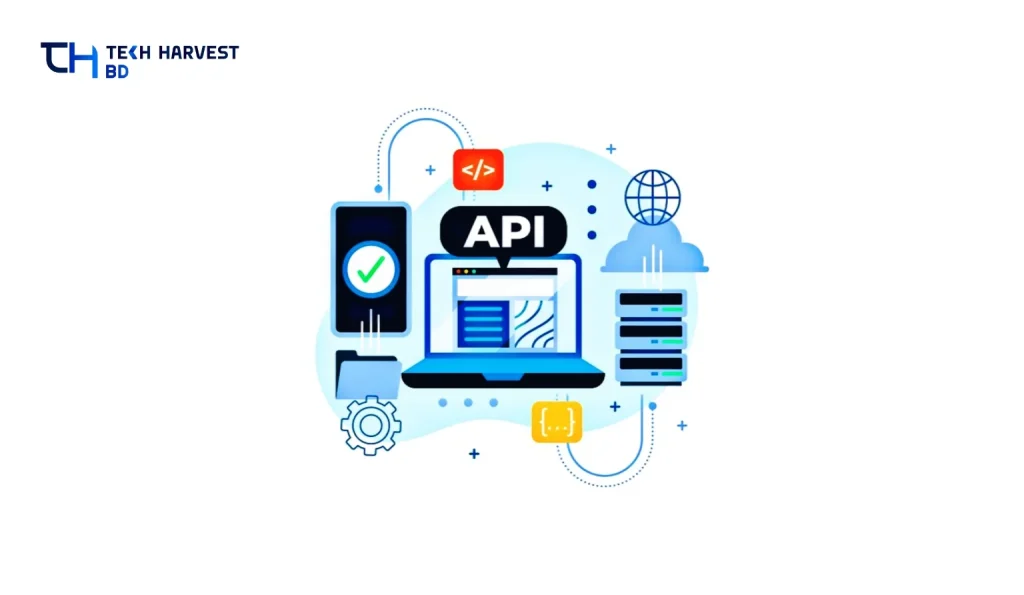
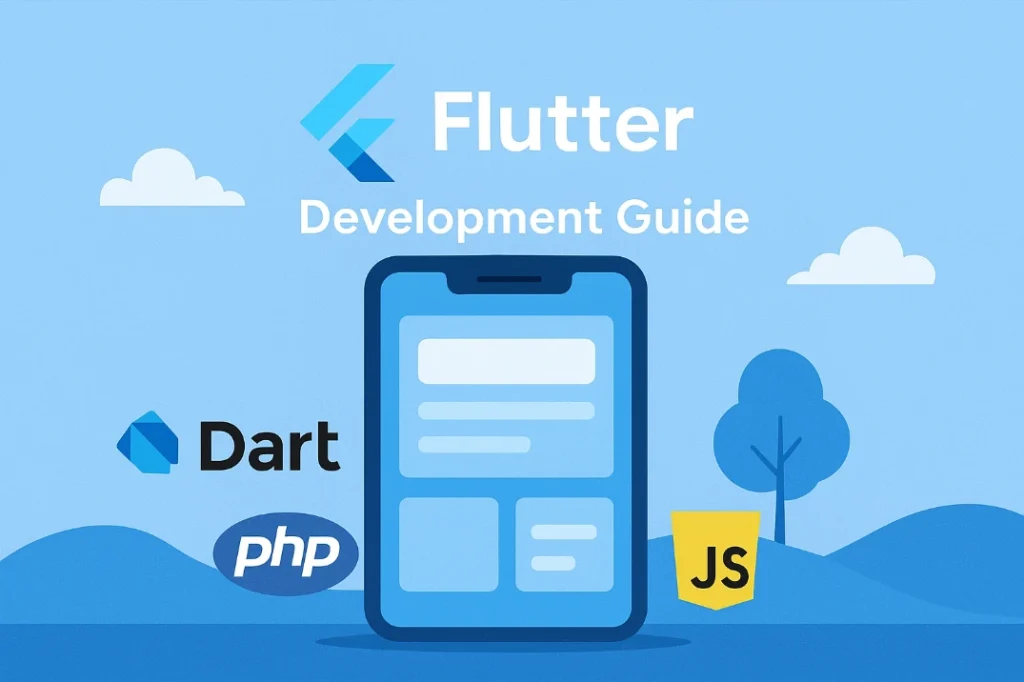

Pingback: How to Become a Flutter Developer Roadmap in 2025 – Tech Harvest BD